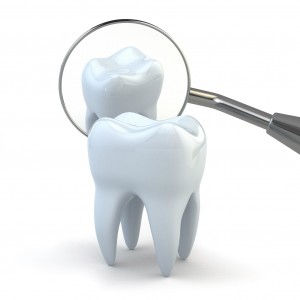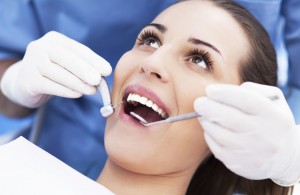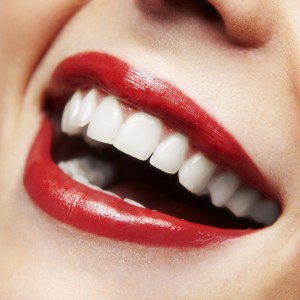The following article written by the Huffington Post clearly describes just how important sleep is for your body and health. If you are plagued with sleep loss you may be suffering from a sleep disorder. Don’t put your health at risk. Call for an appointment today with George Kirtley DDS at 317-841-1111 and get the help you need.
Here’s A Horrifying Picture Of What Sleep Loss Will Do To You
http://www.huffingtonpost.com/2014/01/08/sleep-deprivation_n_4557142.html?utm_hp_ref=mostpopular
If you
don’t snooze, you lose. Skimping on sleep can wreak havoc from head to toe. In fact,
one study published last year showed that just one week of sleeping fewer than six hours a night resulted in changes to more than 700 genes. That’s alarming news, considering nearly half of Americans don’t bank the recommended seven or more hours of shut-eye a night,
according to a recent survey. Read on for the nightmare-inducing truth about what could be happening to your body when you don’t get enough sleep, starting the very first night.

After one night you’re…
hungrier and apt to eat more. Studies have linked short-term sleep deprivation with a propensity to load up on bigger portions, a preference for high-calorie, high-carb foods and a greater likelihood of choosing unhealthy foods while grocery shopping.
more likely to have an accident. Getting six or fewer hours of shut-eye a night triples your risk of drowsy driving-related accidents, according to the National Sleep Foundation’s Drowsydriving.org. Plus, just one bad night’s sleep can affect a driver’s eye-steering coordination, according to research from Manchester Metropolitan University. And sleep deprivation can just make you generally more clumsy, whether you’re behind the wheel or not, reports Prevention.
not looking your best — or your most approachable. Beauty sleep is legit. A small study published last year in the journal SLEEP found that sleep deprived study participants were rated as less attractive and sadder, HuffPost reported at the time. A different study from the Medical Institutet Karolinska in Stockholm, Sweden found that exhausted people are also judged to be less approachable. And the problem only gets worse over time: Researchers have linked chronic sleep deprivation with skin aging.
more likely to catch a cold. Proper rest is one of the building blocks of a healthy immune system. In fact, one Carnegie Mellon University study found that sleeping fewer than seven hours a night was associated with a tripled risk of coming down with a cold. What’s more, the Mayo Clinic explains:
During sleep, your immune system releases proteins called cytokines, some of which help promote sleep. Certain cytokines need to increase when you have an infection or inflammation, or when you’re under stress. Sleep deprivation may decrease production of these protective cytokines. In addition, infection-fighting antibodies and cells are reduced during periods when you don’t get enough sleep.
losing brain tissue. A small, recent study of 15 men, published in the journal SLEEP, found that just one night of sleep deprivation was linked with signs of brain tissue loss, measured by blood levels of two brain molecules that usually increase after brain damage.
more likely to get emotional. One 2007 study from researchers at the University of California, Berkeley and Harvard Medical School used functioning Magnetic Resonance Imaging to show that after sleep deprivation, the brain’s emotional centers were more more than 60 percent more reactive. “It’s almost as though, without sleep, the brain had reverted back to more primitive patterns of activity, in that it was unable to put emotional experiences into context and produce controlled, appropriate responses,” senior author Matthew Walker, director of UC Berkeley’s Sleep and Neuroimaging Laboratory, said in a statement. “Emotionally, you’re not on a level playing field.”
less focused and having memory problems. Being exhausted zaps your focus, and can render you more forgetful (no wonder you keep misplacing your cell phone after a bad night between the sheets). On top of that, sleep is thought to be involved in the process of memory consolidation, according to Harvard, which means shortchanging it can make it more difficult to learn and retain new things.
To read the full article at Huffington Post click here.
 Cavities. It may be the word most closely associated with a trip to the dentist. While many patients think of cavities, many dentists tend to call the condition tooth decay.
Cavities. It may be the word most closely associated with a trip to the dentist. While many patients think of cavities, many dentists tend to call the condition tooth decay.


